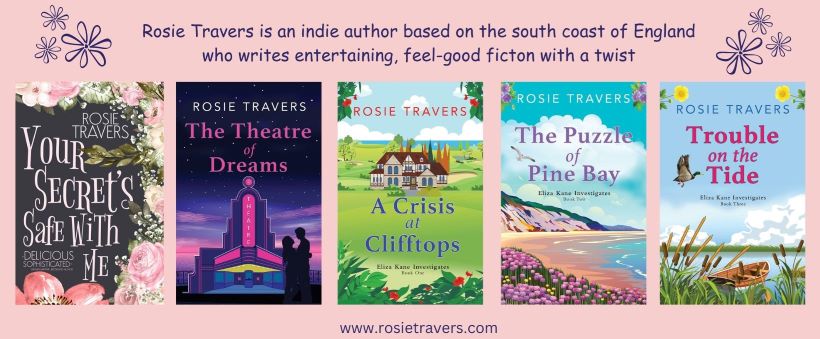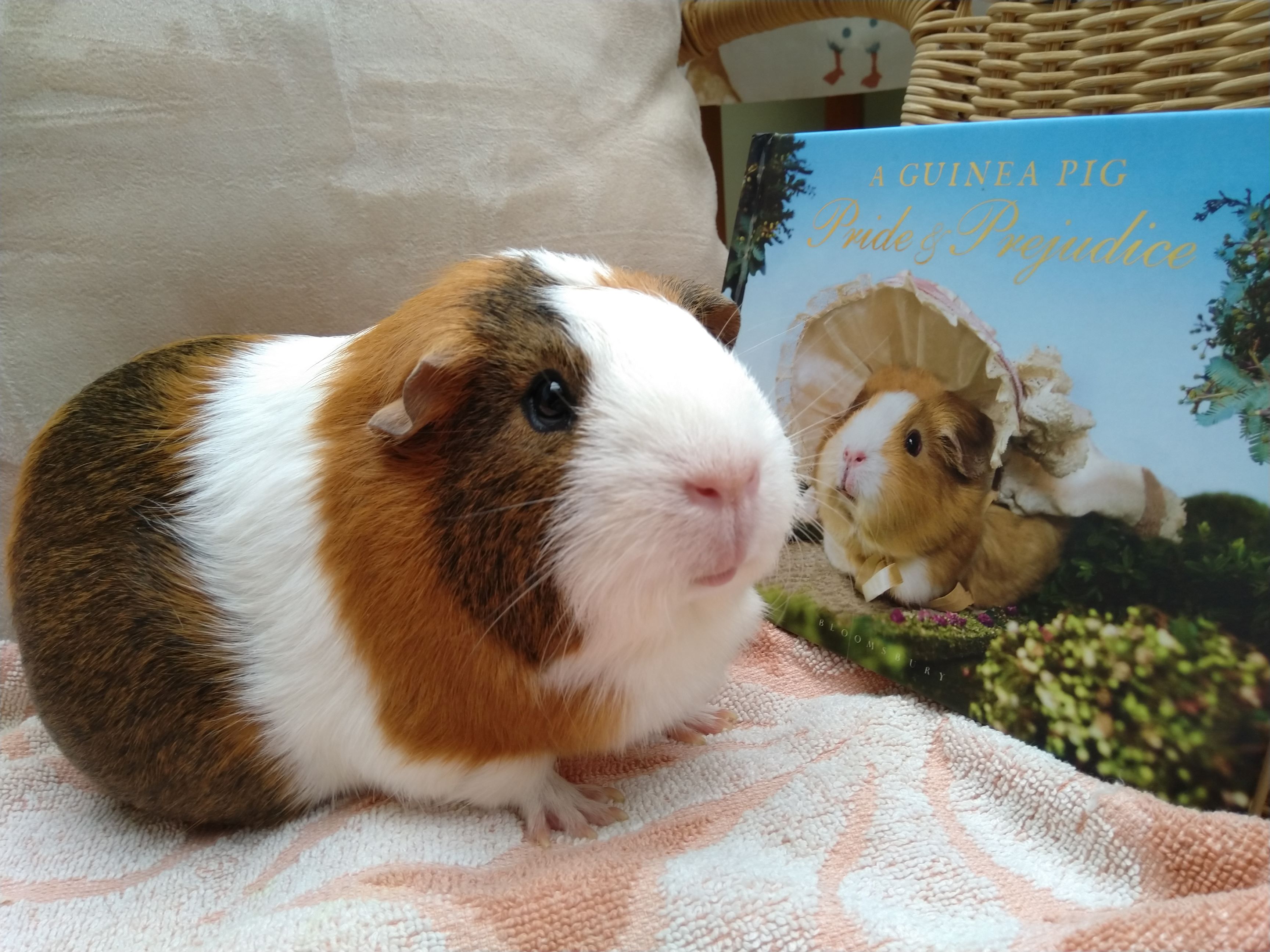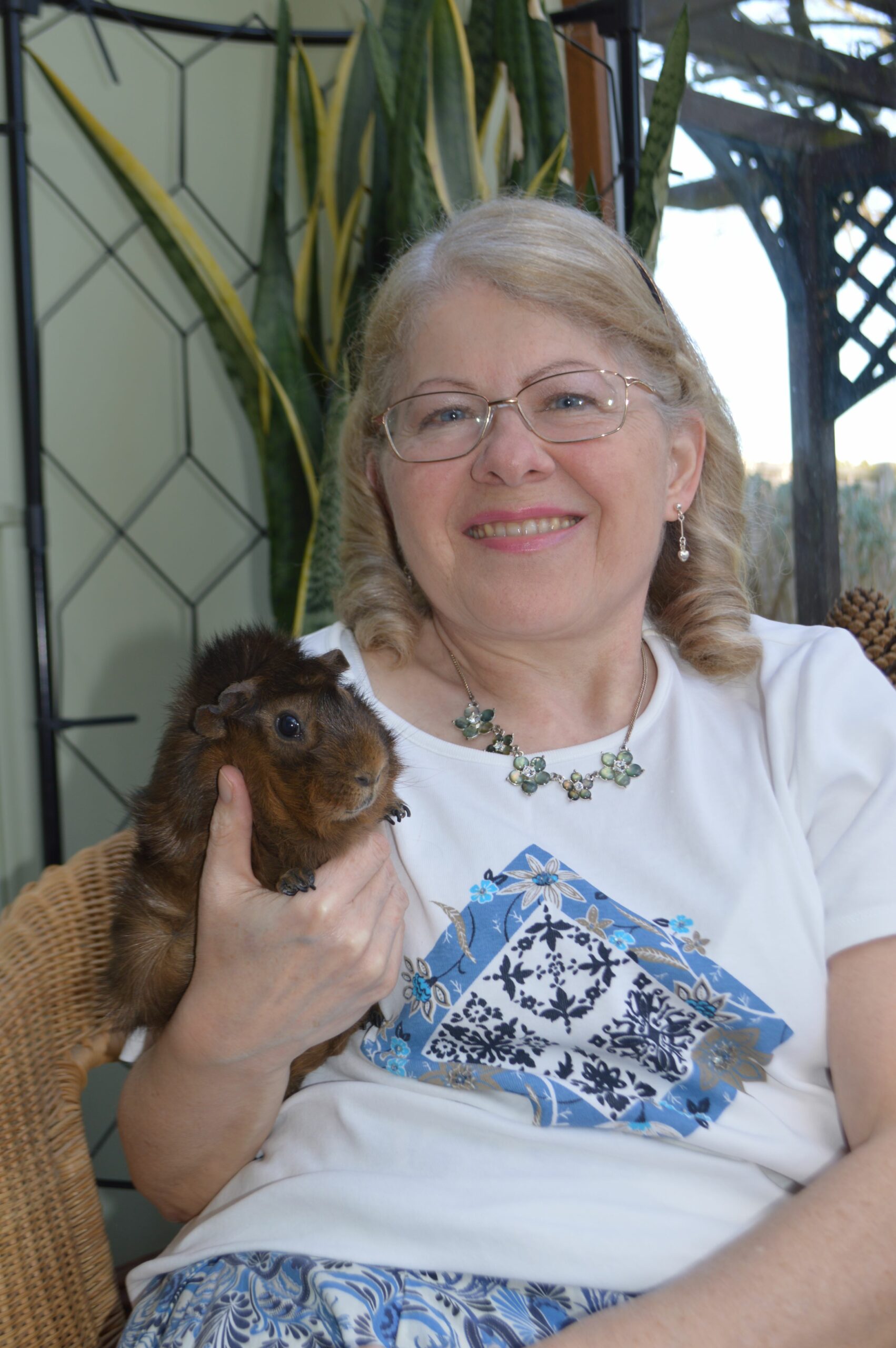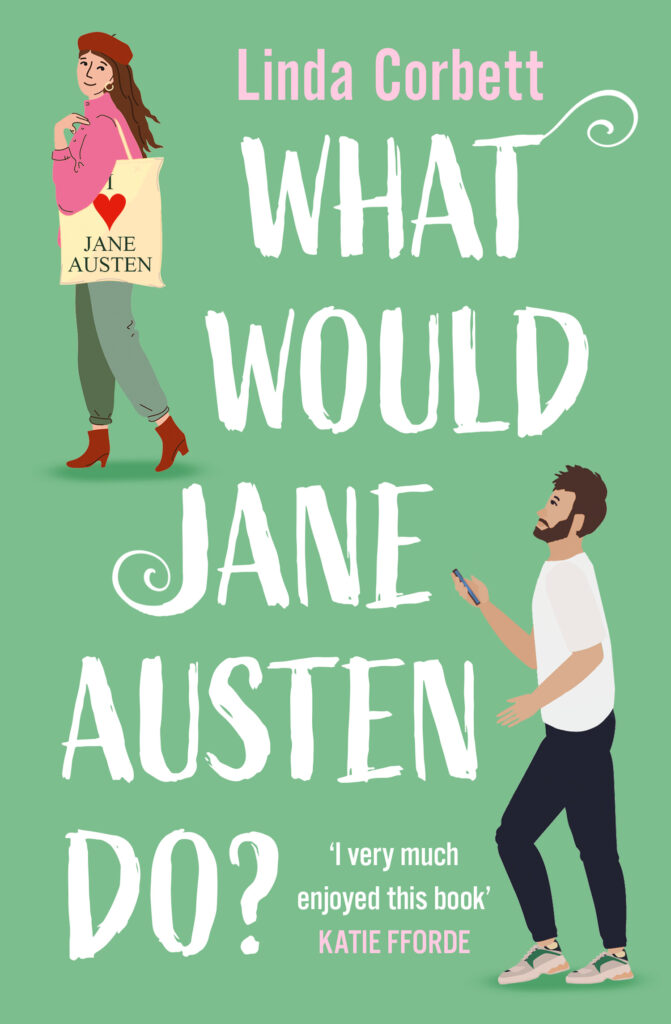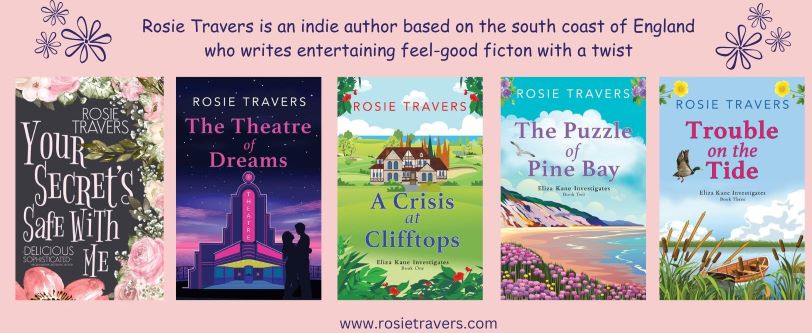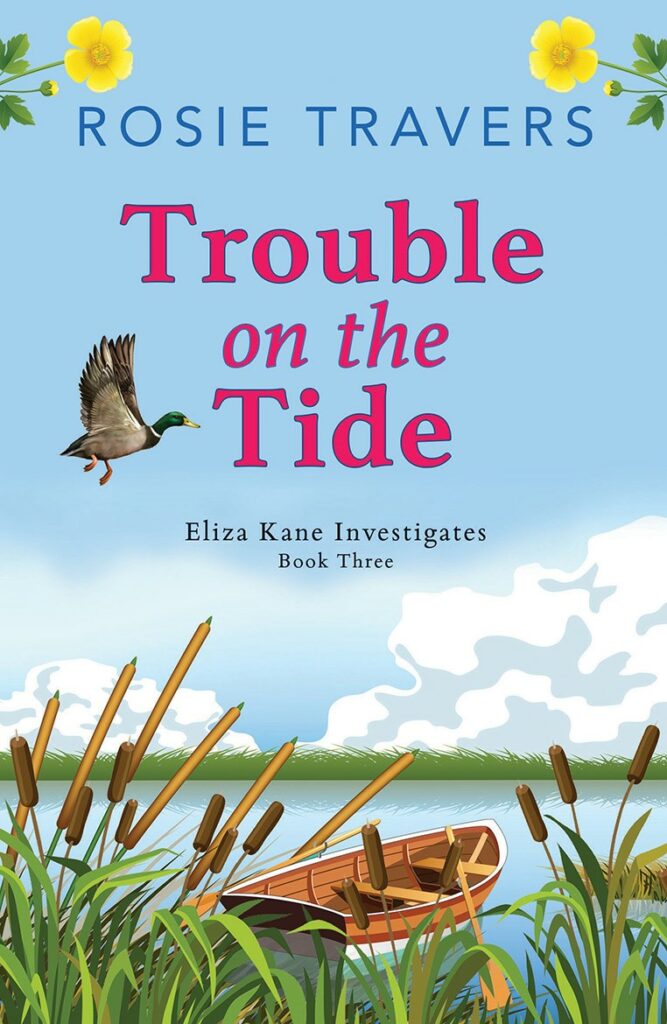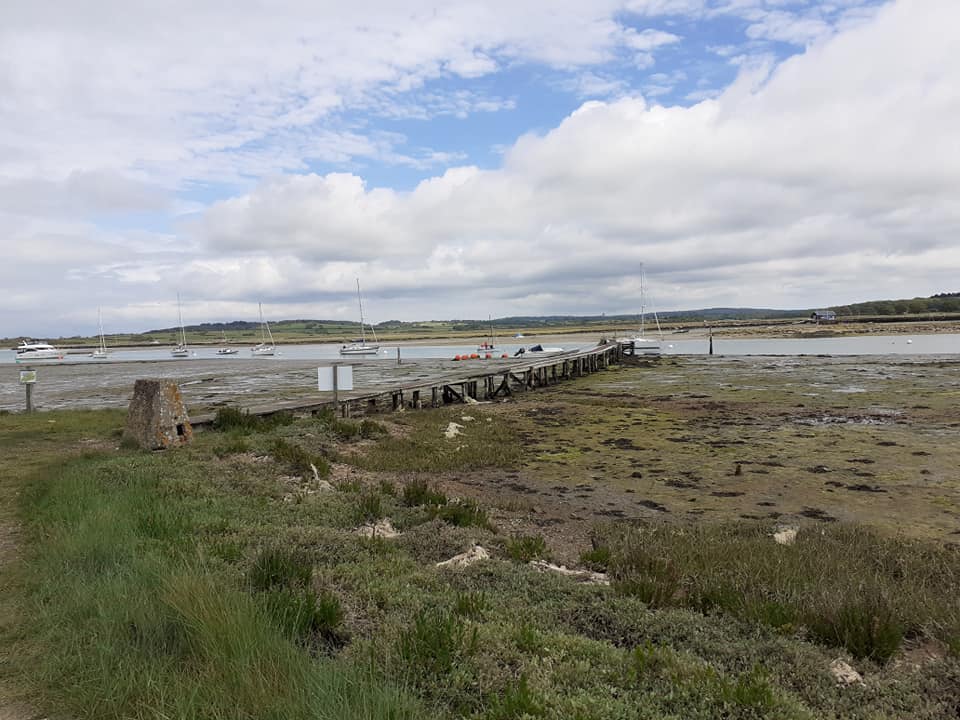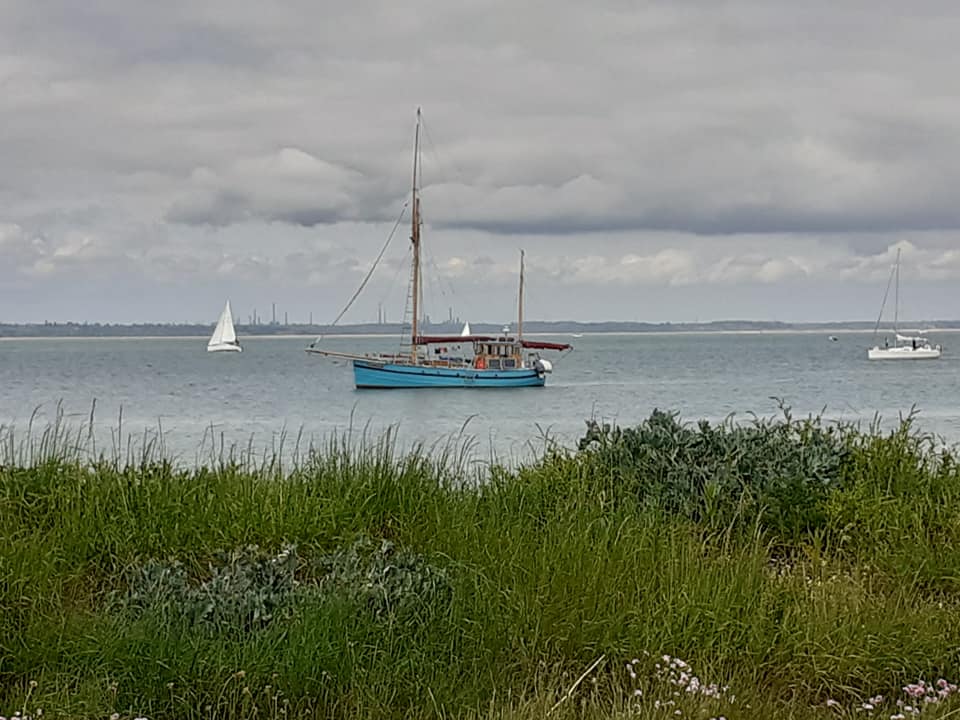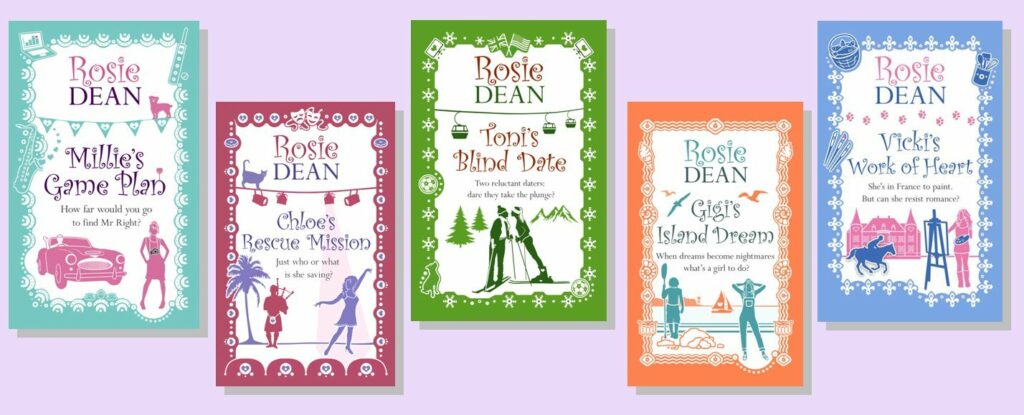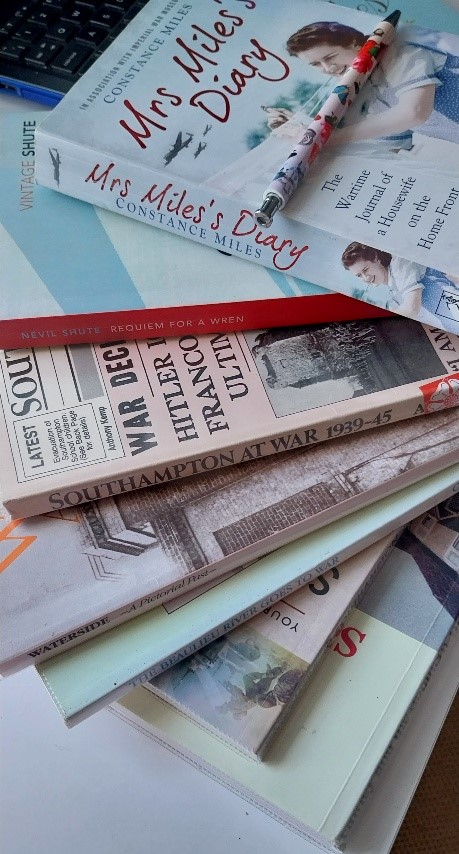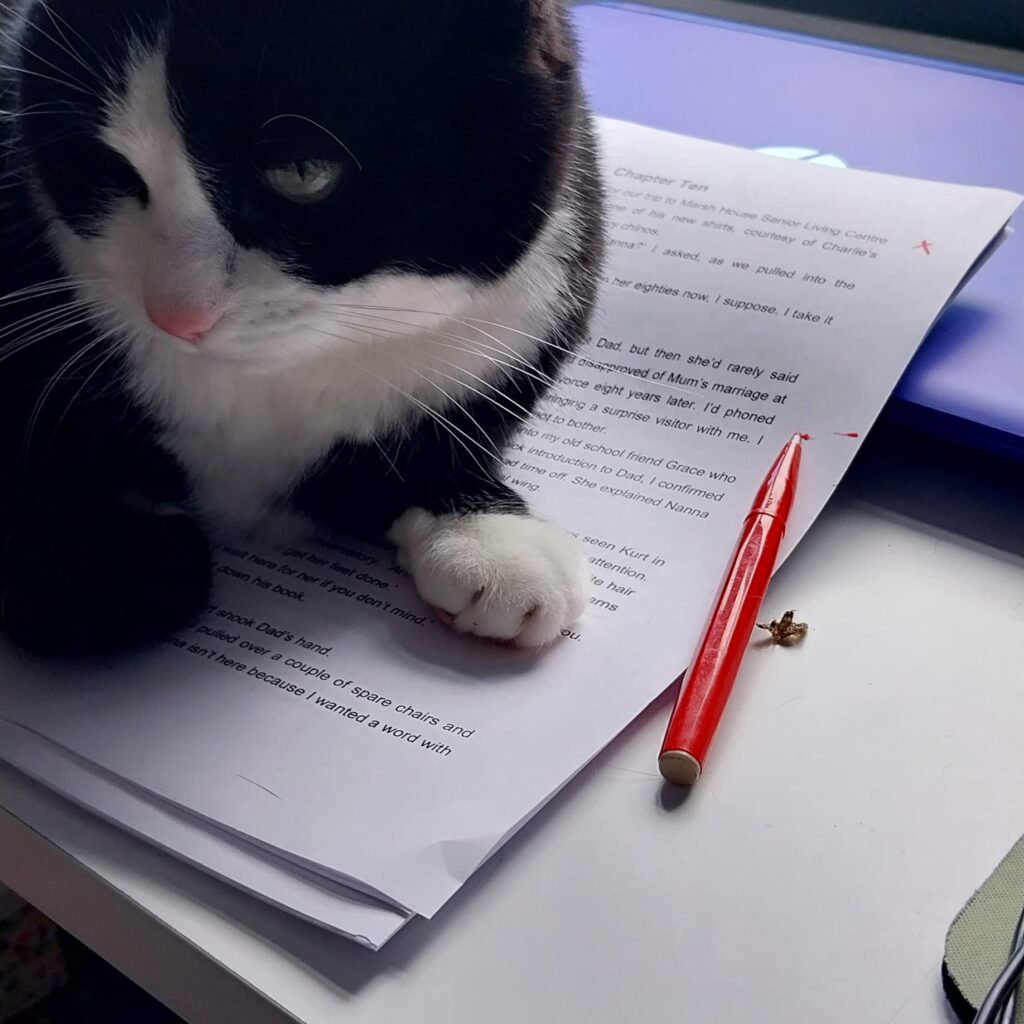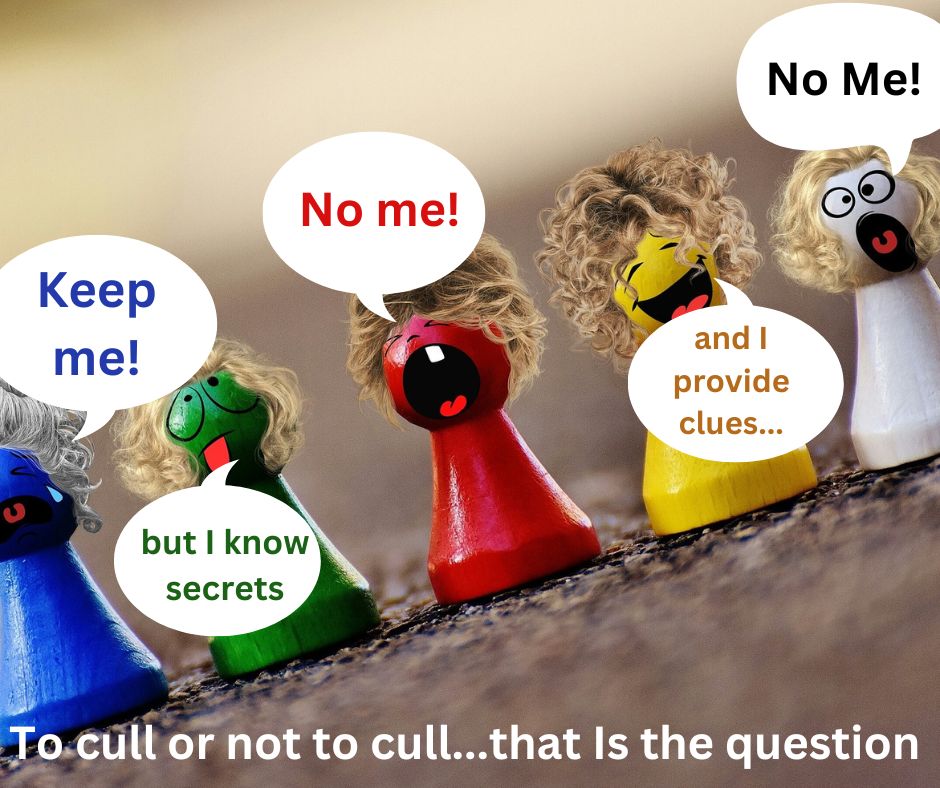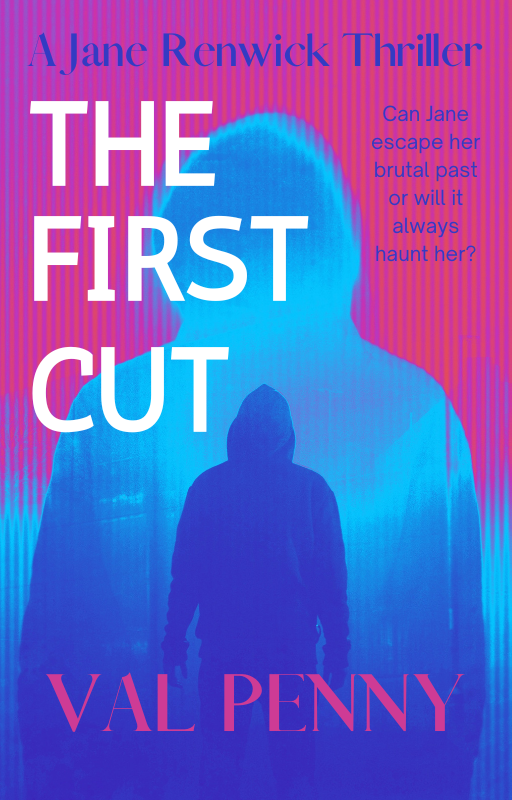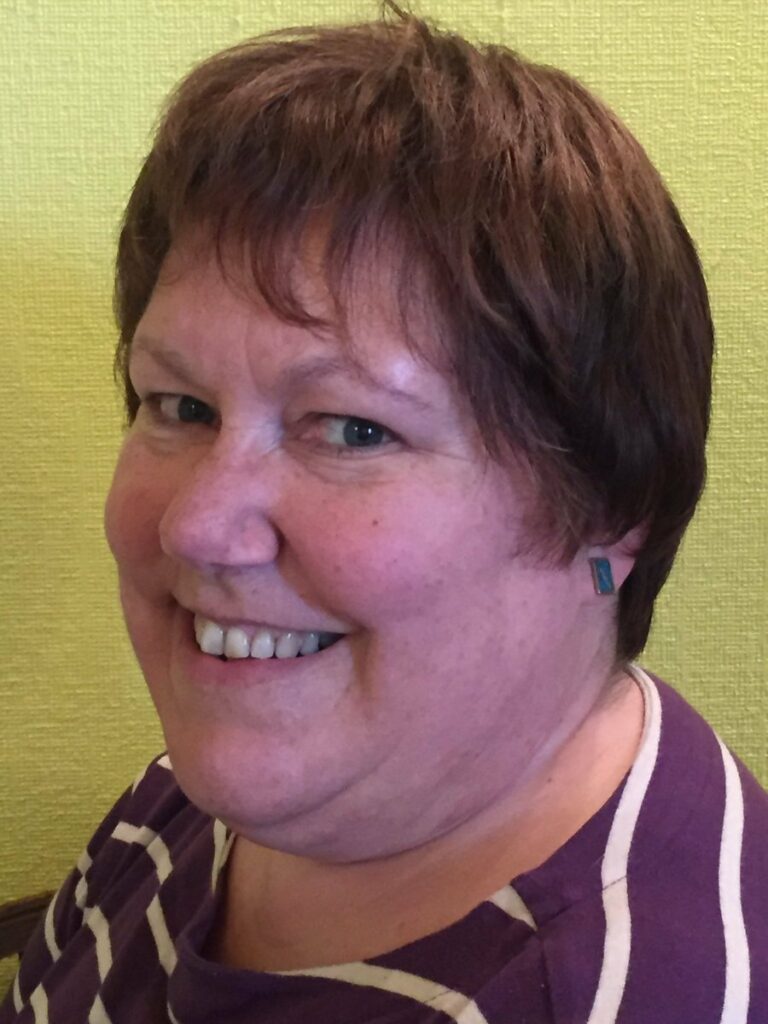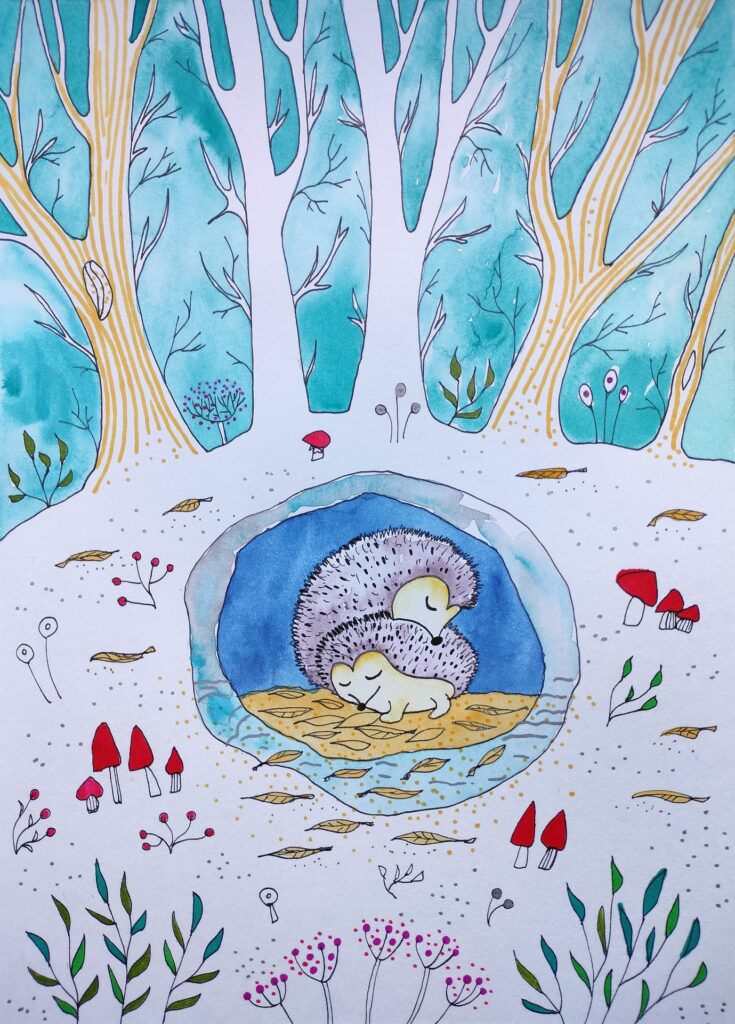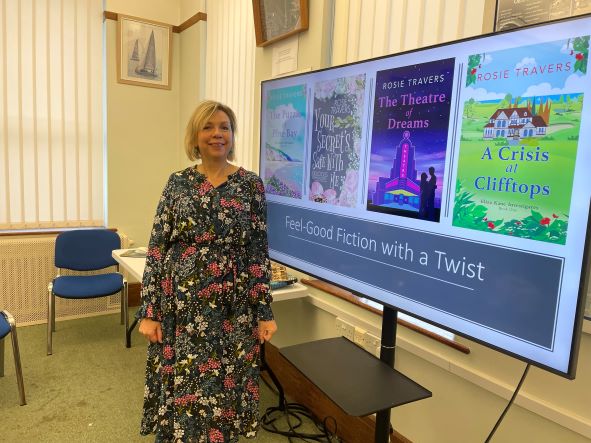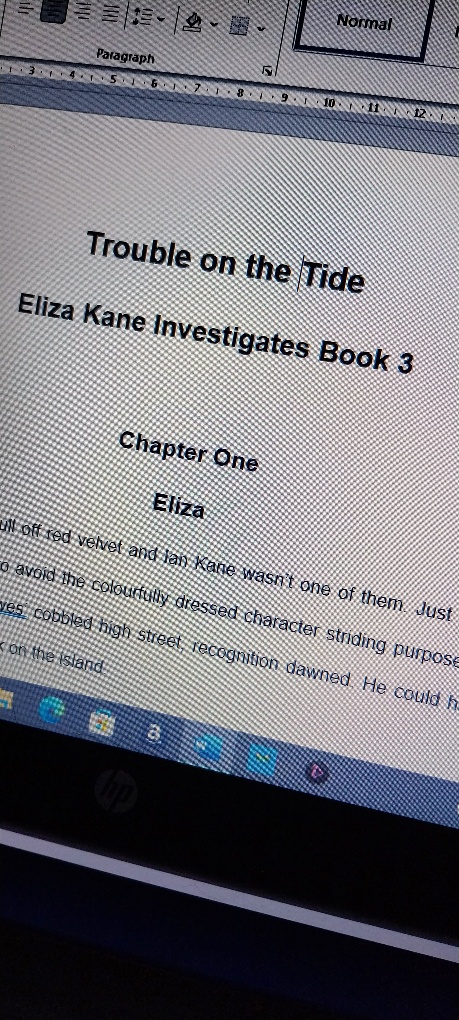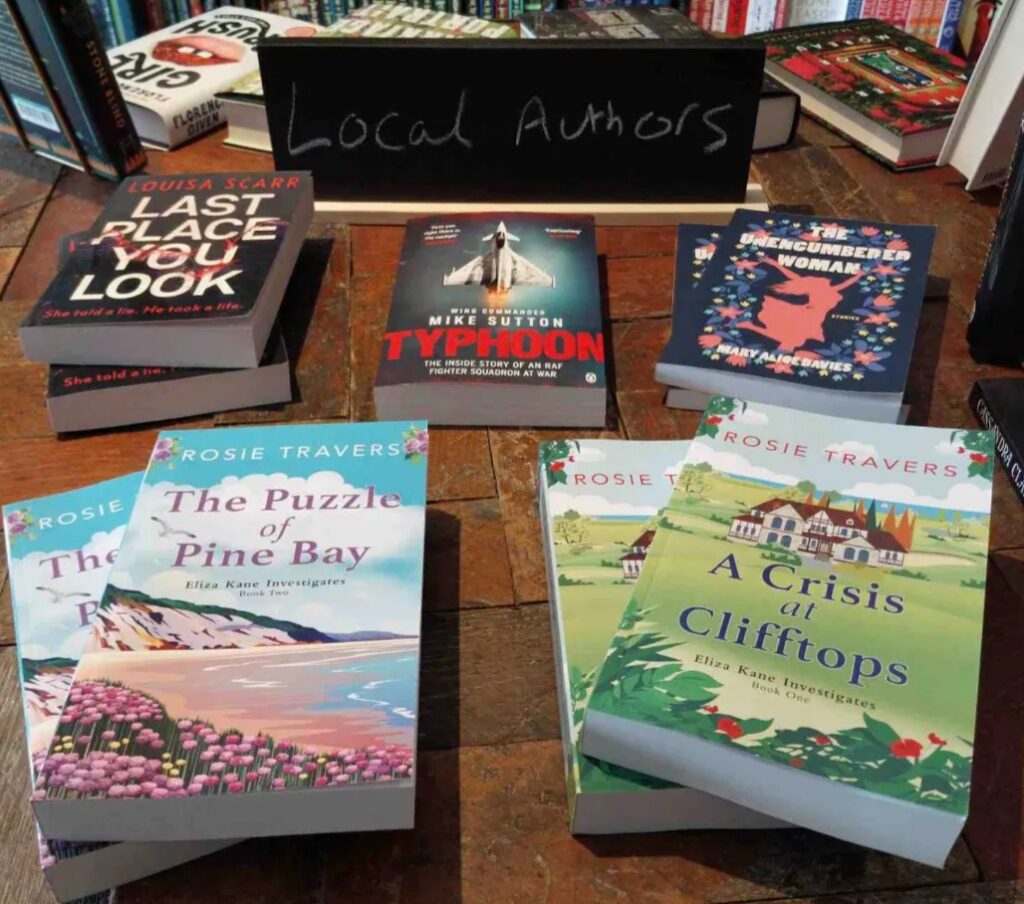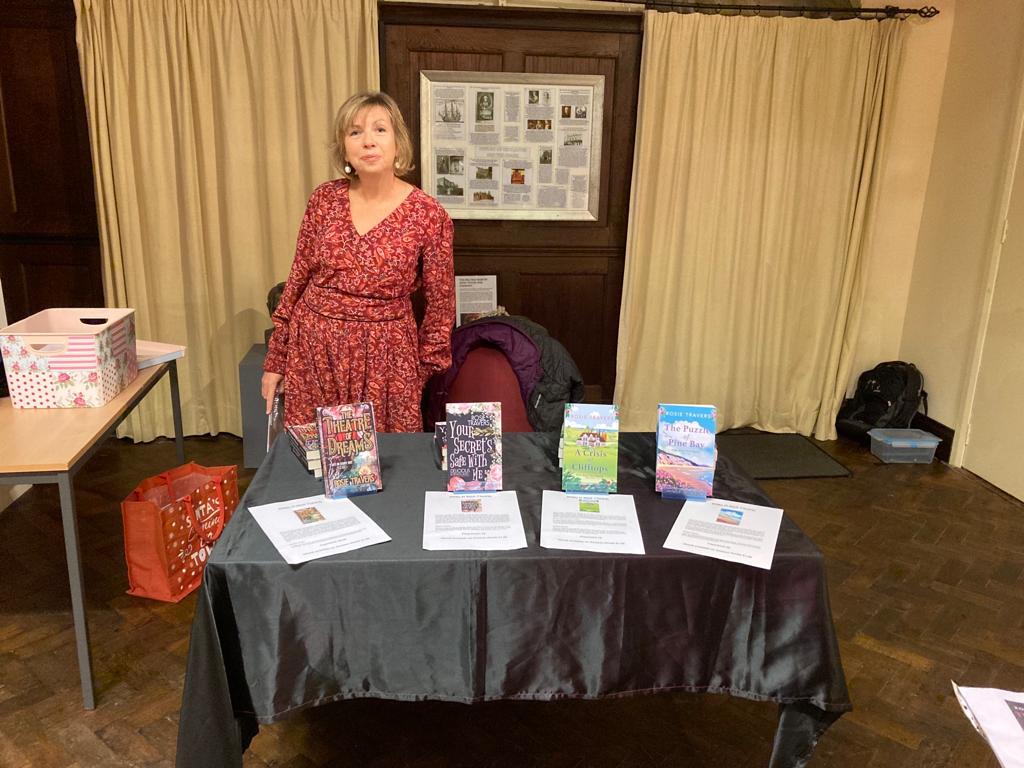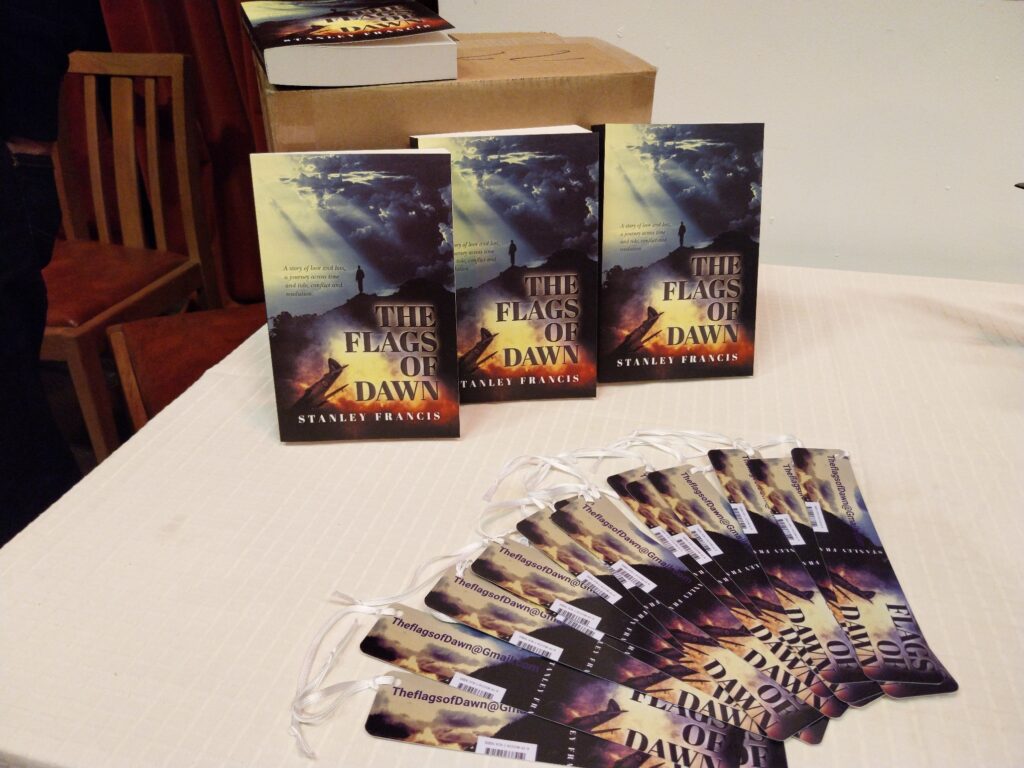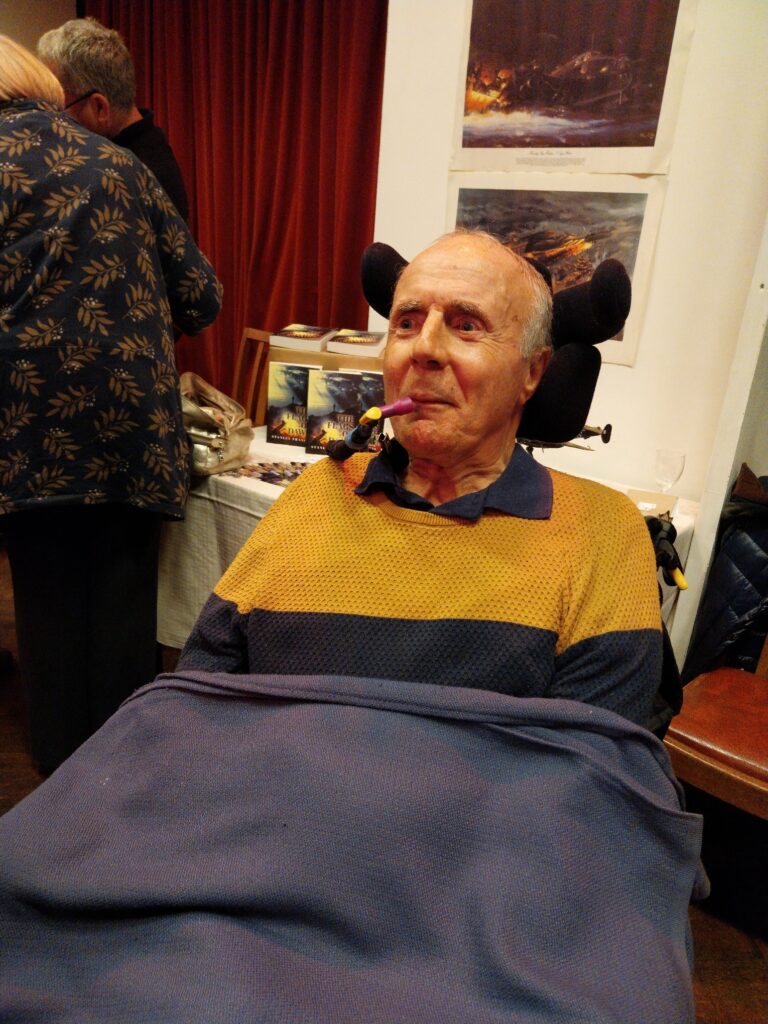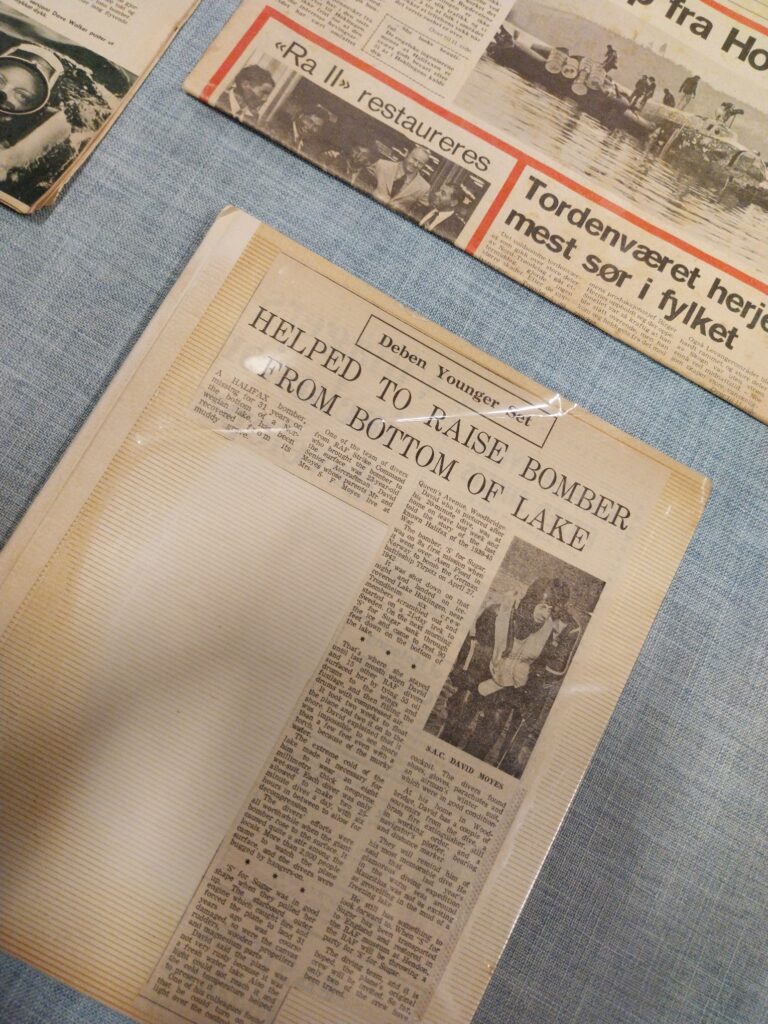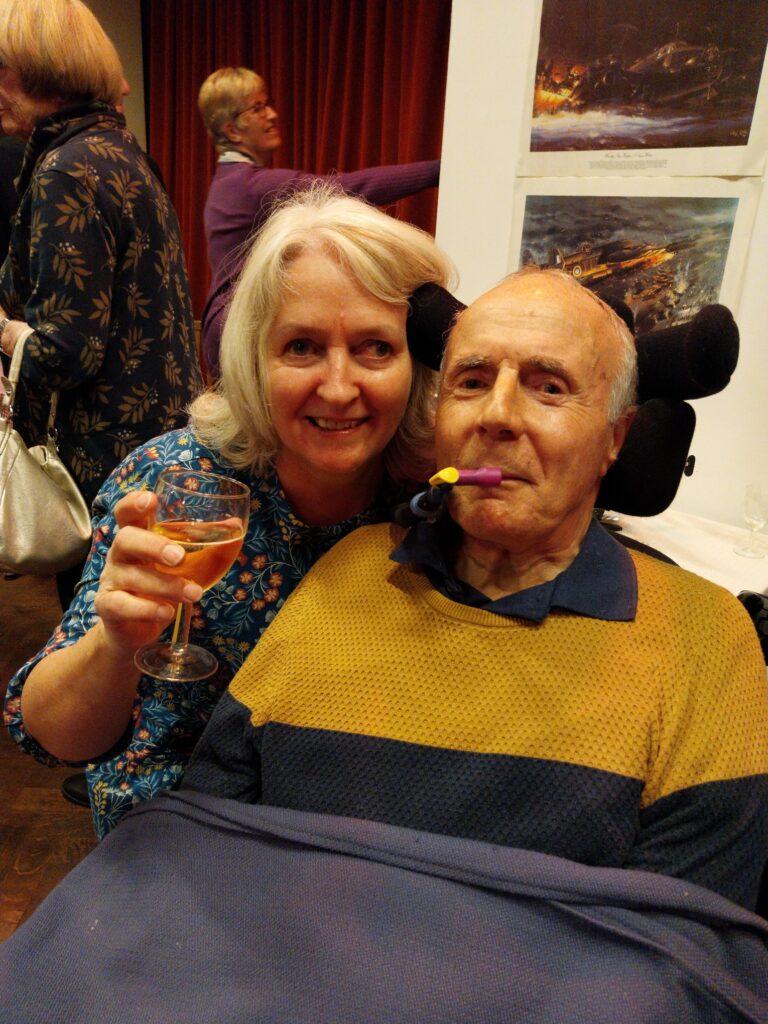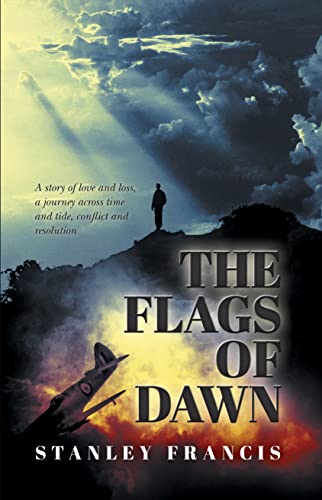This week’s Book Chat guest is author Charlie Cochrane. Charlie lives near me in Hampshire and since we first met at a Romantic Novelists Association southern branch lunch a few years ago, we discovered we had many things in common, including a mutual admiration for a wonderful Greek dentist called Nikos… But today we’re talking books not dentistry. Charlie has chosen TeaCups Cafe in Romsey as the location for our get-together.

Hi Charlie, and thanks for inviting me to Romsey. I’m loving the eclectic crockery collection on show here at TeaCups! Tell me what your latest book is called and what’s it about?
The Deadliest Fall. It’s a romantic mystery, set in 1947 (partly in and around a thinly disguised Stockbridge, Hampshire.) Leslie Cadmore’s tormented about whether the death of an acquaintance in a wartime training accident was really murder and whether his ex-lover, Patrick, was the killer. Leslie ends up teaming with the ex to establish the truth. Oh, and he’s got a dog, who threatens to steal the story.
What part of the writing process do you enjoy the most?
Discovering what happens in the narrative. I’m a total pantser and rarely know where a story will go—or ‘whodunnit’—when I start writing something new. It may sound odd but when I’m crafting a novel, I feel like I’m listening to the story being acted on the radio, and as I’m hearing it unfold, I’m adapting it for the page.
I’m a complete pantser too and enjoy watching my characters dictate the plotlines. Do you ever suffer from writer’s block, and if you do, what’s your cure?
I don’t think I’ve ever suffered a total block but there have been times when I’ve been right, royally stuck. I’ve got two contrasting solutions. One is to go and do something else completely: either short term, like a mindless, physical task (cleaning the kitchen floor works well) or, in the longer term, working on another project. That’s to let my subconscious mind have a shot at solving the plot point I’m wrestling with and which my conscious brain can’t solve. The other method is to write through the problem. It doesn’t matter if I produce a load of drivel that eventually gets deleted, somehow the process jogs my writing muscle memory and a decent bit of prose emerges.
Mundane tasks also work for me, it’s amazing how quickly inspiration strikes when I pick up an iron…
How do you come up with names for your characters?
For surnames, I usually scroll through the BBC Sport site, looking at rugby or cricket teams, until I find the right fit for my character. In terms of a given name, I start with the era, which is how I came up with Leslie for one of my leads in The Deadliest Fall—a suitably mid twentieth century name. Otherwise, I try to find something that’s convincing for the character and setting but not stereotypical.
If you could pick one character from your books to meet in real life, who would it be and why?
You don’t half ask a girl some tricky questions. My first thought was Jonty Stewart—who’s one of my Cambridge Fellows Edwardian amateur detectives—because he’s handsome, got an impish sense of humour and could tell me all sorts of amusing stories about his other half, Orlando Coppersmith. Then I had second thoughts and decided I’d half more fun if I met Jonty’s mother. We could have hours of fun discussing our offspring and swopping tips on successfully raising a brood.
Orlando Coppersmith – now that is a great name!
Imagine if Hollywood comes calling and you’re offered big bucks for film rights to one of your books, but you have absolutely NO SAY in how it’s adapted. Would you sign on the dotted line?
Absolutely not. Seriously, if they wanted to tinker with my plots and characters and I had no right to argue my point, I’d have to send them packing. I’m sure I can hear the blessed Dame Agatha Christie spinning like a top in her grave over the travesties of adaptations her books have undergone and if one of mine suffered the same I’d be mortified.
Charlie, you’re my first guest to turn down the megabucks, although I agree this one would be a moral dilemma for me too. Our books and characters are very precious!
Final question – in a dystopian future you’re only allowed to keep one book from all the books on the shelves in your house. Which one would you choose?
Oh. Oh! Could I have “Death at the President’s Lodging” on Mondays, Wednesdays and Fridays and “The Charioteer” on Tuesdays, Thursdays and Saturdays, please? I’ll forego books on Sundays as recompense.
Why those two? The sheer majesty of the writing. Mary Renault can say more in one or two words than most writers can on a whole page and Michael Innes can’t half produce a devious murder plot. I regularly reread both books so they’d be such a comfort.
I think that’s cheating Charlie, but I’ll let it go! Many thanks for taking part.
The Deadliest Fall Blurb
Some truths can’t be left buried.
The second world war may be over, but for Leslie Cadmore the scars remain. His beloved dog died, there’s a rift between him and his lover Patrick, and his father inexplicably abandoned the family for life in a monastery. Fate’s been cruel.
A chance meeting with Patrick’s sister stirs old memories, and Leslie starts to dig into both his father’s motives and long-unanswered questions around the death of Fergus Jackson. The worst of a group of disreputable pre-war friends, Fergus was a manipulative rake who allegedly fell on his own knife in a training accident. An accident for which Patrick was apparently the only witness.
Leslie’s persuaded to meet Patrick again, and the pair easily fall back into their old dynamic. They uncover connection after surprising connection between their hedonistic old friends and not only Fergus’s murder, but Mr. Cadmore’s abrupt departure. As their investigation deepens, Leslie and Patrick’s bond deepens too. But no reconciliation can occur until Leslie knows for sure that his erstwhile lover wasn’t Fergus’s killer.
Pre-order link: https://www.amazon.co.uk/dp/B0C5W5VB4Y/
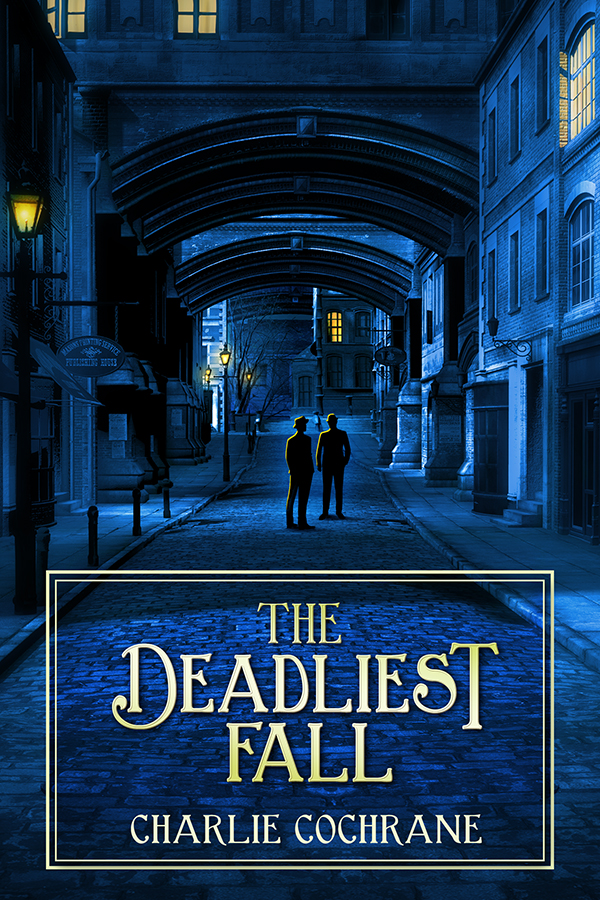

About Charlie
Because Charlie Cochrane couldn’t be trusted to do anything grown up, she writes cosy mysteries. These include the Edwardian era Cambridge Fellows series, the contemporary Lindenshaw Mysteries and her 1950s Alasdair and Toby series where two actors play Holmes and Watson both onscreen and off.
Charlie is a member of the Crime Writers’ Association, Mystery People and International Thriller Writers Inc, and has regularly appeared at literary festivals, reader conventions and author conferences.
Links: Website: http://www.charliecochrane.co.uk
FB: https://www.facebook.com/charlie.cochrane.18
Twitter: https://twitter.com/charliecochrane
********
